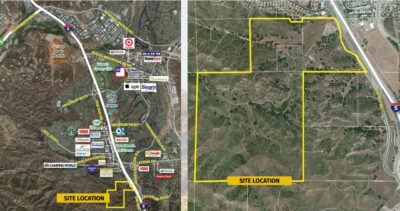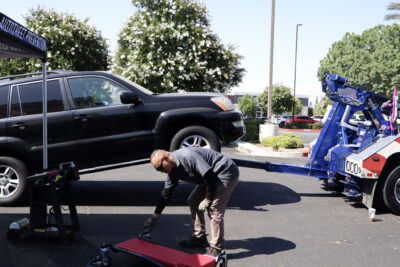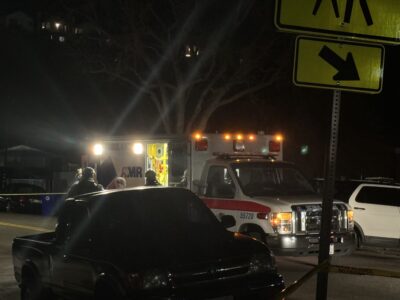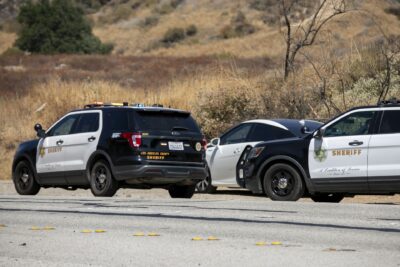By Lily Zhou
Contributing Writer
Chinese and U.S. representatives clashed on Monday at a U.N. Security Council meeting over the Panama Canal amid an ongoing battle over control of the waterway that connects the Atlantic and the Pacific oceans.
Acting U.S. Ambassador Dorothy Shea raised concerns about Beijing’s “outsized influence” in the area, while Chinese Ambassador Fu Cong denied that Chinese influence on the ports has affected the neutrality of the canal.
The clash took place at a U.N. Security Council meeting on maritime security, where the chair of the meeting, Panama’s President José Raúl Mulino, stressed the neutrality of the canal and his country’s ownership of the waterway.
Fu said that Panama has “consistently and effectively managed the canal,” and that Beijing has “always respected the permanent neutrality of the canal.”
Shea said the Chinese regime has an “outsized influence over the Panama Canal area, especially over critical infrastructure and port operations,” and that the influence “is not just a risk to Panama and the United States, but rather a potential threat to global trade and security.”
In response, Mulino said he wanted to stress Panama’s sovereignty “in terms of the ownership of the canal” and the multilateral treaty governing its administration. He called the canal’s neutrality “the only and the best defense” to any specific or global threats.
The United States built the canal between 1904 and 1914, and controlled the area until 1999, when it handed control over to Panama under a 1977 treaty signed by U.S. President Jimmy Carter and Panamanian military leader Omar Torrijos.
The control of the waterway has been a focus of U.S. President Donald Trump, who suggested the United States should take it back because of growing Chinese influence over the canal and alleged overcharging of U.S. ships for using the waterway.
U.S. Secretary of State Marco Rubio has also sounded the alarm over control of port facilities at both ends of the canal by a Chinese company, saying the regime could use the canal “as a choke point to impede commerce in a moment of conflict” during his confirmation hearing in January.
Since March, a consortium led by U.S. investment company BlackRock and Switzerland-based Mediterranean Shipping Co. has sought to buy Panama Ports Co. from Hong Kong-based CK Hutchison, a deal that would require the approval of the Chinese regime.
Since the announcement of the deal, Chinese state-aligned media have launched a coordinated propaganda campaign targeting CK Hutchison and its founder, 97-year-old billionaire Li Ka-shing.
CK Hutchison said in July that it was seeking to add “a major strategic investor from mainland China” to the group of buyers, “in order for the transaction to obtain approval from all relevant regulatory authorities and departments.”
Meanwhile, Mulino signaled in July that Panama may take control of two ports at either end of the Panama Canal, potentially threatening the planned sale of the ports to the U.S. consortium.
Bill Pan and The Associated Press contributed to this report.








